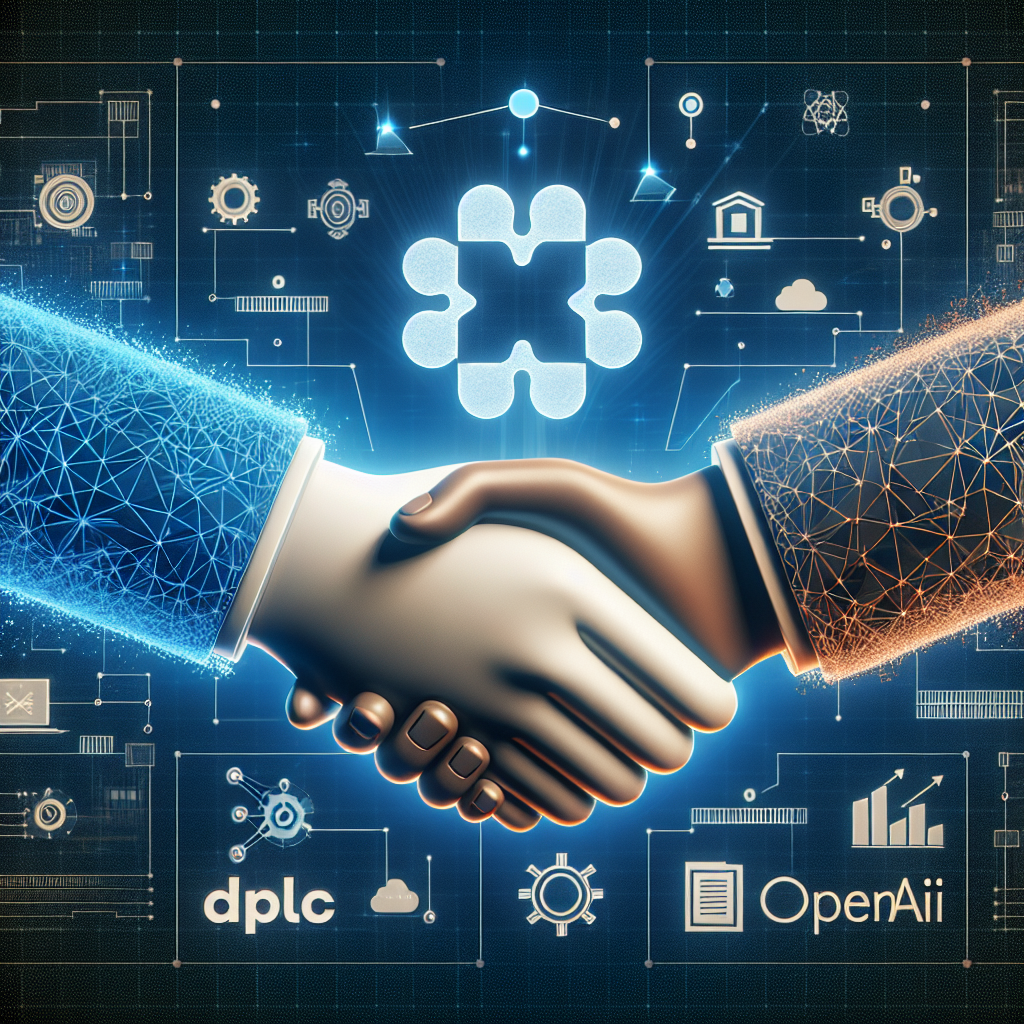
In a significant move for the AI and data management sectors, Databricks announced a multi-year partnership worth $100 million with OpenAI this Thursday. This collaboration is set to enhance the availability of OpenAI’s advanced models, including the recently launched GPT-5, within Databricks’ Data Intelligence Platform and its innovative Agent Bricks ecosystem tailored for AI development.
The integration promises to make OpenAI’s large language models (LLMs) accessible to Databricks’ extensive user base, enriching their AI tool development capabilities. According to Stephen Catanzano, an analyst at Enterprise Strategy Group, this partnership is particularly noteworthy as it marks OpenAI’s first official collaboration with a vendor specializing in business-centric data platforms. The substantial investment indicates that this agreement extends beyond mere technical integration, aiming to create unique AI experiences for users working with the Databricks platform.
As firms increasingly seek to leverage AI for enhanced operational efficiency, the implications of this partnership are vast. The collaboration is designed to foster continuous improvements of OpenAI’s models, ensuring they are finely tuned for real-world enterprise applications. This is an essential shift in how large language models will be utilized, as they will evolve to address practical business needs more effectively than ever before.
Moreover, while the partnership integrates OpenAI’s technology into Databricks’ offerings, it is worth noting that Databricks has also created support for its proprietary models alongside those from competitors like Anthropic, Google, and Meta. OpenAI continues to build partnerships across various platforms, including AWS, Google Cloud, and Microsoft, among others. According to Catanzano, this broad approach may dilute the uniqueness of the Databricks-OpenAI collaboration, but it certainly enhances accessibility for Databricks’ user community of over 20,000.
Historically, the launch of ChatGPT in November 2022 altered the landscape of generative AI (GenAI) and spurred a surge in enterprise investments in AI technologies. Companies like Databricks and its competitor Snowflake, along with industry giants such as AWS and Microsoft, have since been racing to develop frameworks that simplify AI tool creation. This increased focus recognizes the rising importance of AI in business and the need for streamlined development processes.
The cutting-edge Agent Bricks, unveiled by Databricks in June, represents a major evolution in AI development environments. This component is particularly relevant as it supports agents—applications capable of reasoning and understanding context, leading to autonomous actions. The partnership with OpenAI is expected to bolster the capabilities of Agent Bricks, enabling more sophisticated use cases for users who seek to integrate powerful AI functionalities into their applications.
As businesses aim to harness AI technologies more comprehensively, the implications of the Databricks and OpenAI partnership are profound. By combining advanced AI models with a robust data management platform, this partnership is poised to ignite further innovation in the way enterprises navigate data, develop applications, and ultimately achieve competitive advantages in their respective markets.
The journey ahead for Databricks, supported by OpenAI’s cutting-edge technology, appears promising and filled with opportunities for businesses eager to adopt AI at a more strategic level. The broader impact on efficiency, innovation, and competitive differentiation in industries embracing these advancements will be crucial to watch in the coming years.

Leave a Reply